
Computers have become an integral part of our daily lives. In today's fast-paced world, we cannot imagine our lives without the assistance of these machines. However, it's essential to ensure that your computer is in good working order and lasts as long as possible to continue benefiting from its services. The truth is that many of the issues that you face with your computer are caused by your actions, and you might not even realize that you're damaging your system.
That's why it's important to understand some of the worst things you can do to a computer and to avoid these common mistakes. Neglecting your computer's upkeep can lead to reduced performance, data loss, and even hardware failure, all of which can be costly to repair. By taking care of your computer and avoiding these mistakes, you can save yourself time, money, and frustration.
Related: These Computer Tips Will Help You Daily!
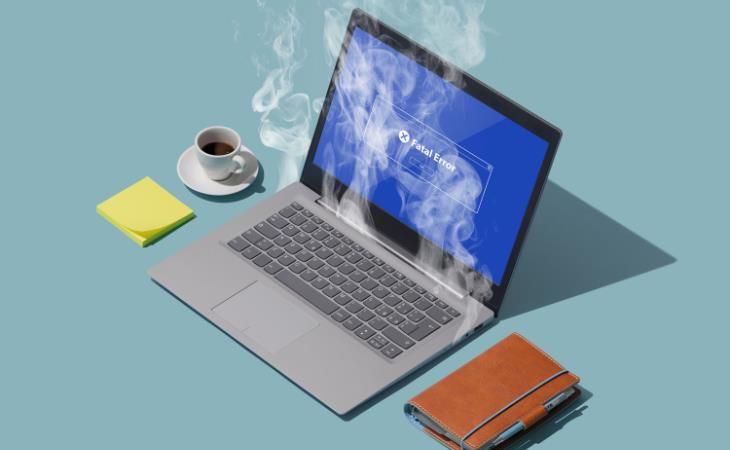
Excessive heat can cause serious damage to your computer and shorten its lifespan. When temperatures rise above optimal levels, the hardware components, including the processor, fans, and battery, are at risk of accelerated wear and tear.
If you have a desktop computer, you can keep it in good condition by regularly clearing out dust with compressed air and ensuring proper ventilation. You should also avoid placing your desktop computer in cramped spaces that can limit airflow. Keeping your computer elevated off the ground can help prevent dust buildup.
Laptops require even more careful handling, as they are portable and can easily overheat. It's common to rest laptops on soft surfaces like blankets, which can block airflow beneath the device and through the fan vents. To avoid this, always use your laptop on a flat surface that allows for unobstructed airflow. A lap desk can be a practical solution to maintain optimal cooling.
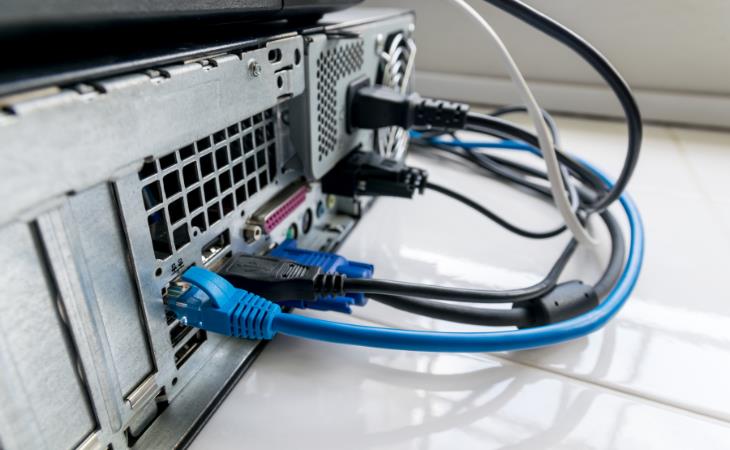
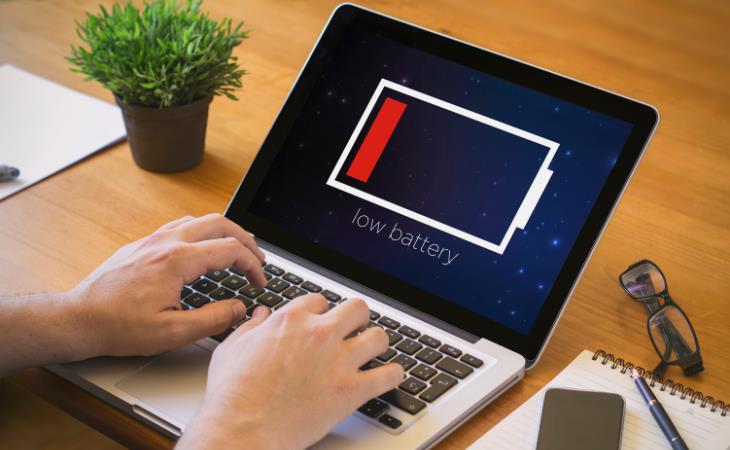
Just because your laptop advertises "eight hours of battery life" doesn't guarantee it'll maintain that level indefinitely. Batteries naturally degrade over time; while you may initially achieve eight hours on a full charge, this could diminish to three or four hours after a few years.
While you can't avoid this decline entirely, consistently draining your laptop battery to 0 percent may accelerate the process unnecessarily. To preserve your battery's long-term health, it's advisable to plug it in before it falls below 10 percent battery life. Occasionally fully discharging your battery, such as during a flight, will not severely damage it, however, it is generally recommended that you prioritize regular charging over completely draining the battery over an extended period of time.
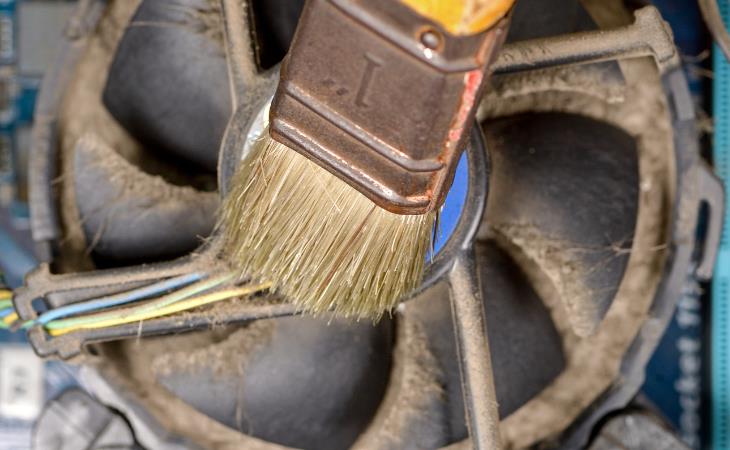
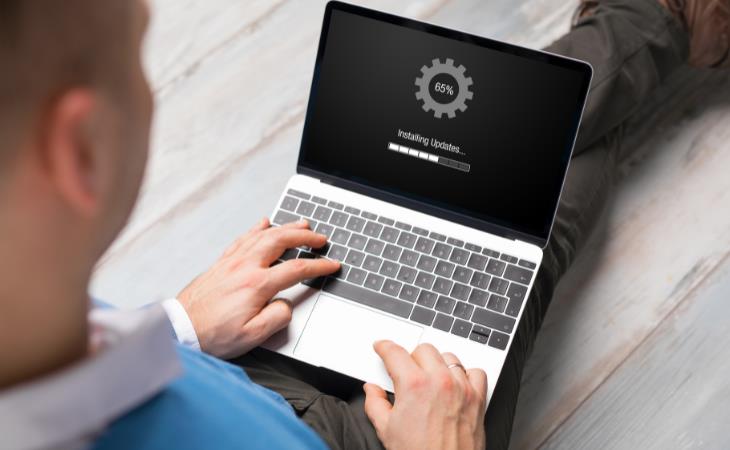
The internet is awash with promises of one-click solutions to improve PC speed, such as software like system optimizers and registry cleaning. However, relying on such programs could prove damaging rather than beneficial to your computer. Registry cleaners, despite their claims, provide few benefits and run the danger of destroying important registry entries, which could result in system failure. Similarly, so-called "privacy" apps intended to protect against Windows 10's data collection techniques may inadvertently interrupt system operations without proper explanations.
Instead of using third-party apps, check out built-in utilities as a safer alternative. Windows 10's Storage Sense feature, for example, quickly removes unneeded files and thus improves system efficiency. If your system is annoyingly slow, consider using the system reset option in Windows Settings as a possible solution.
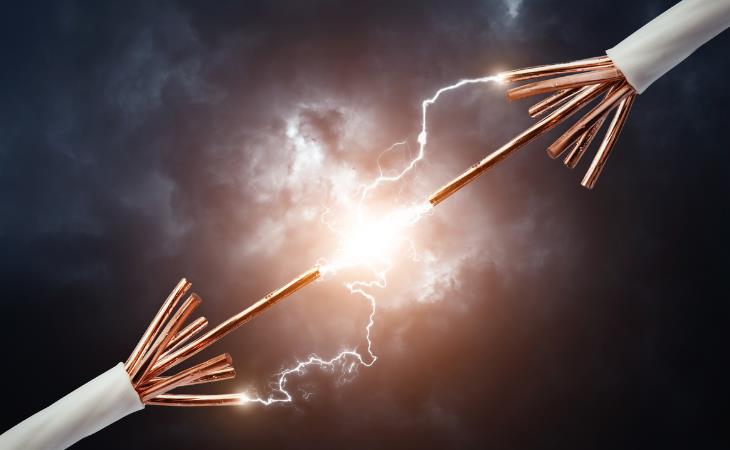
Your computer uses a significant amount of electricity and is at risk of damage from power surges, which are brief spikes in voltage transmitted through the power line. These surges can occur after power outages when other high-power devices in your home are turned on, or due to an unreliable power grid in your area. Investing in a dedicated surge protector allows you to provide longer-lasting protection as opposed to the power supply unit inside your computer.
Do note here that a power strip is not the same as a surge protector. A power strip provides additional outlets but does not protect against power surges. Remember to replace your surge protector every three to five years, as its protective capabilities diminish over time. If your surge protector is old, it may no longer offer any protection.
Related: If Your PC or Laptop Fails to Turn On, Try These Tips
Although surge protectors can't defend against high-voltage spikes like lightning, they can shield your computer from smaller surges and extend its lifespan. Consider spending extra on an uninterruptible power supply (UPS) for added protection. This device includes a battery backup system to protect your PC from data loss during unexpected power outages. It also ensures that your computer system runs smoothly even when the power supply fluctuates.